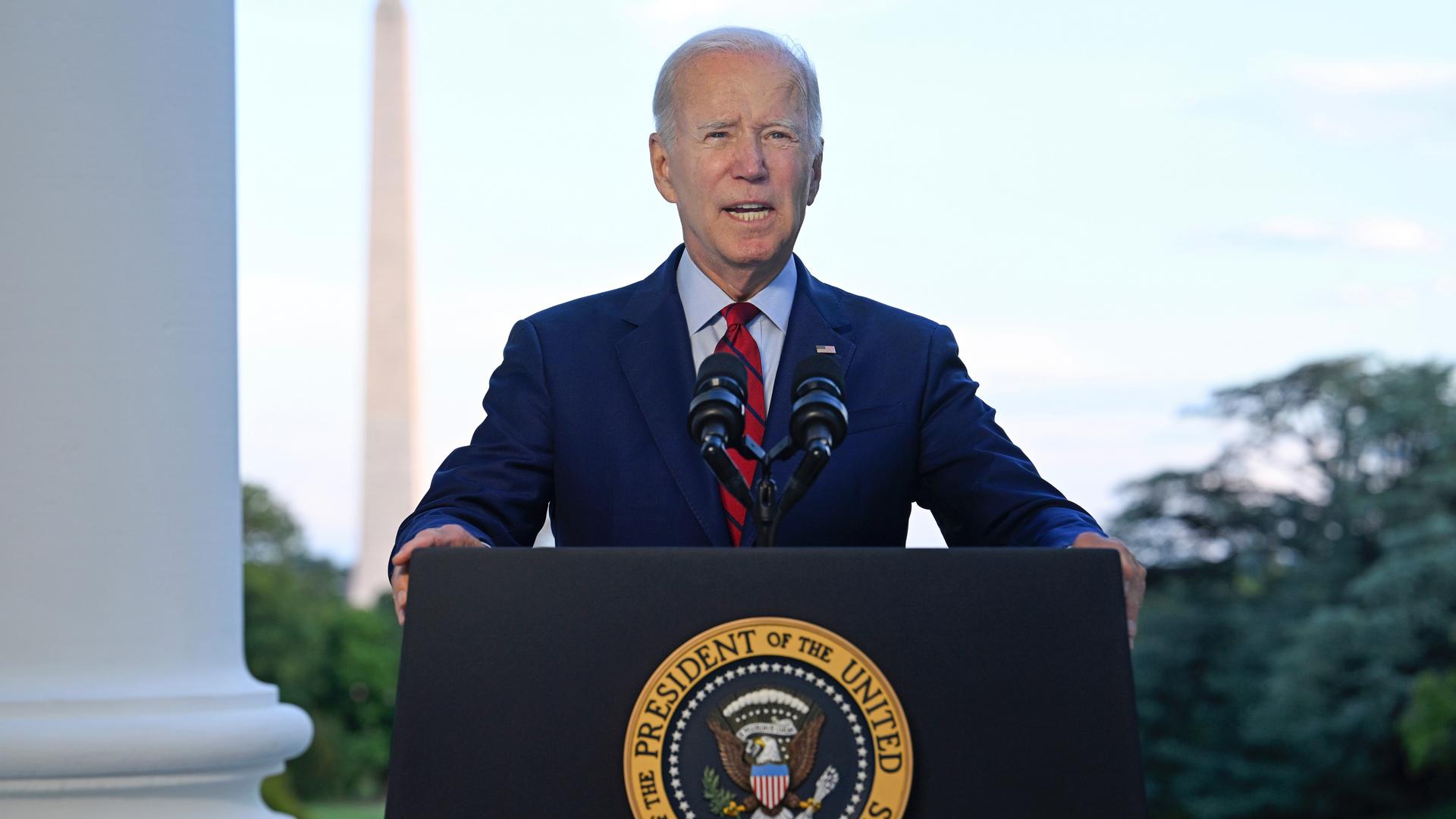Top al-Qaeda leader killed with help from on-the-ground intel on his whereabouts, analyst says
For someone high up on the world’s most-wanted terrorist list, Ayman al-Zawahiri managed to escape death for a long time.
“I think he [had] very, very good personal and operational security,” said Aaron Zelin, a fellow with the Washington Institute for Near East Policy.
Douglas London, who worked for the CIA for 34 years, described Zawahiri as “the textbook example for his organization of staying out of danger. He isolated very well and there was a very small circle of people who knew where he was at any time.”
Yet, according to the Biden administration, the US carried out an operation last Saturday that killed the top al-Qaeda leader who was living in a safe house in the heart of the Afghan capital, Kabul.
“Justice has been delivered, and this terrorist leader is no more,” Biden said in a speech on Monday.
Zawahiri had been involved in jihadi movements going back to the 1960s, Zelin explained. Zawahiri, born in Egypt, went from leading the Egyptian Islamic Jihad in the 1980s to becoming a deputy to Osama bin Laden of al-Qaeda.
The US accused him of coordinating the attacks on American embassies in Kenya and Tanzania in 1998 and of helping to carry out the bombing on the USS Cole in the Yemeni port of Aden two years after.
“Zawahiri and bin Laden were close,” Zelin said. “They worked together on all the plans that al-Qaeda tried to do pre- and post-9/11.”
After the US killed bin Laden in 2011, Zawahiri became the top al-Qaeda leader.
He spent more than two decades on the run.
Biden said that he authorized the strike that killed Zawahiri a week ago.
“Our intelligence community located Zawahiri earlier this year,” Biden said in his speech to the nation on Monday night. “He had moved to downtown Kabul to reunite with members of his immediate family.”
The US was reportedly able to target Zawahiri when he appeared on the balcony of the house he was staying in, a move that surprised some analysts who had followed him in the past.
“It’s clear […] that he finally made a mistake by feeling a little too comfortable now that the Taliban is back in control of Afghanistan,” Zelin said.
The operation to kill Zawahiri would have required a lot of prep work and was more challenging since the US no longer has a military presence on the ground in Afghanistan.
Seth Jones was involved in similar operations during his time as a civilian with US Special Operations in Afghanistan.
“They require a combination of human intelligence on the ground, so spies, that has to be married up with other types of all source intelligence collected from signals, phones, computers, and geospatial information,” said Jones, who is now senior vice president at the Center for Strategic and International Studies.
Jones added that drones played a key role in this operation.
“A system like the MQ-9 […] can loiter for long periods of time over the target and collect information including video imagery of the target,” he said.
But drones are only helpful when they have a “starting point,” said Douglas London, formerly with the CIA, who is now with the Middle East Institute. “They can’t just know where to go without being guided there. Generally, start points are provided by human sources.”
That means people on the ground with reliable information.
London said that by moving to Kabul, Zawahiri made his location known to a lot more people.
“The Western intel community’s services are strongest in Kabul, there are still Westerners in Kabul, there’s still not necessarily US intel boots on the ground but it’s also a busy city with lots of communications,” he said.
Former Afghan official and writer Tabish Forugh said that he wasn’t surprised that the head of al-Qaeda was living in the heart of Kabul, not far from the former US Embassy.
“We have always been telling the world that these terror networks have been interconnected, intertwined, they share operations infrastructure,” Forugh said.
As part of the deal that set the stage for the US withdrawal from Afghanistan, the Taliban agreed not to allow groups like al-Qaeda to operate freely.
But Forugh said he never trusted the Taliban to keep that promise, and he was surprised that the US did.
“If after 20 years of the US engagement in Afghanistan, you still have the leader of al-Qaeda back in Kabul, hosted by the Taliban, it means that something was fundamentally wrong about strategies, policies and operations of the war on terror,” he said.
Forugh added that it also means that the US might have withdrawn its troops from Afghanistan, but that the war continues from the skies.
We want to hear your feedback so we can keep improving our website, theworld.org. Please fill out this quick survey and let us know your thoughts (your answers will be anonymous). Thanks for your time!
